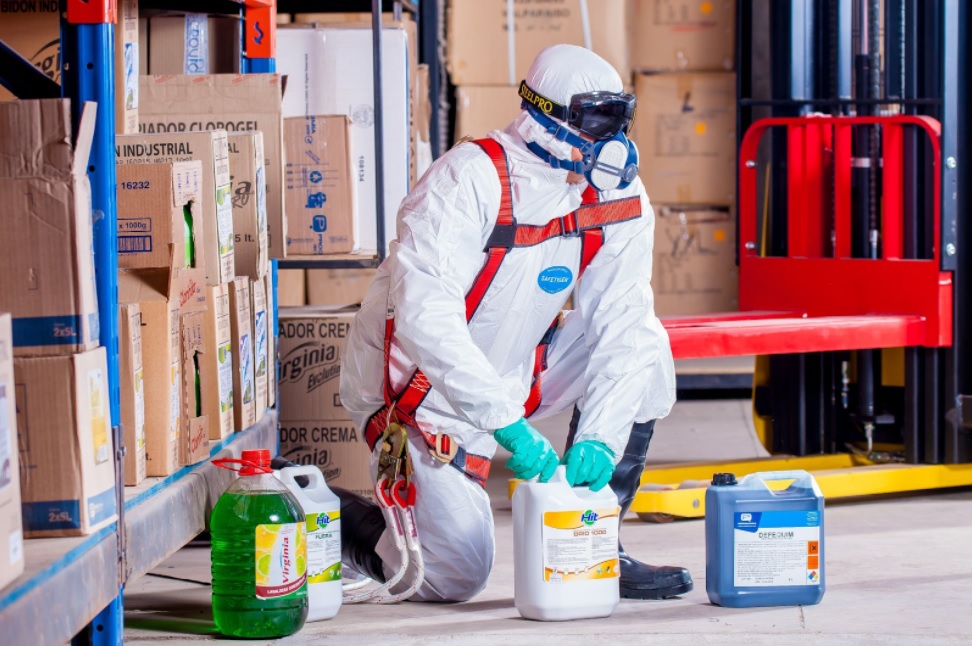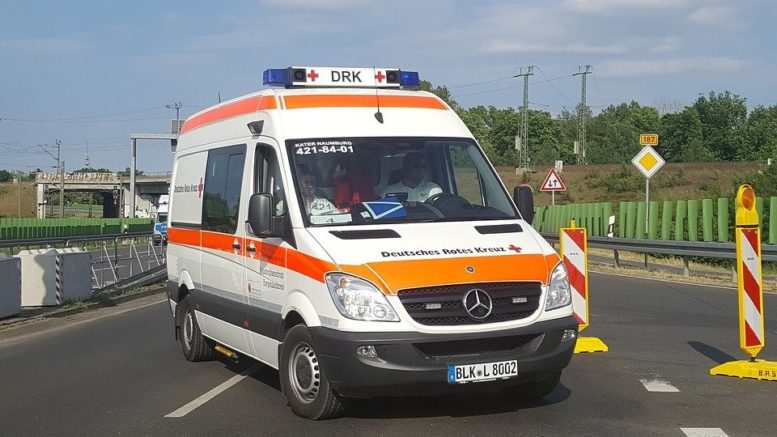Emergency response is an integral part of the medical sector. These professionals need to maintain a high level of expertise to respond to an emergency. It requires them to use critical thinking techniques or knowledge from previous experiences.
Not everyone can make it to the hospital on their own, and no one can anticipate danger. Accidents and natural disasters can strike at any time. There are also cases of violence and assault that may occur at any time. No matter the situation, if someone is in danger, they need help, so the medical sector needs to have a robust EMS.
There are many aspects to becoming an emergency responder. You need to have the knowledge, understanding, and stamina to handle all kinds of cases. Like a pencil that needs sharpening after every usage, responders need to get better with every passing point. The way these professionals stay on top of their industry ensures community safety. Here are some ways for responders to hone their skills:
Know What The Job Entails
Emergency response is a high stake, high-profile job. It is not like desk duty, where you’re seated in one place and leave work sharp at 5. You may need to turn to position as late as 3 am and handle the scene until dawn breaks out. Apart from going to the location, you also need to know the emergency response. The best way to improve yourself for work is to understand what your job expects of you. If you’re already struggling to keep up working for emergencies, think about changing your field.
Continue Taking Courses
Courses are a great way to make sure you get updated on your field. You can enroll in an EMT CEU online and think of these as additional skills to help you get better at your job. You’ll put mandatory hours and train with professionals to fix your technique and educate you on better response. You also get to test your skills through a series of presentations and demonstrations, so you develop confidence in your skills. If any new course pops up best is to take them on.
Put More Hours At Work
Suppose you’re used to a relaxed timetable you need to challenge yourself. The more hours you put at work, the more cases you may get to handle. Exposure is a necessary part of the field. If you deal with issues outside of conventional ones, you’ll get faster and better at providing emergency care. Putting in more hours doesn’t mean at the expense of your health. It means whenever you can pull extra shifts to harness expedience. If you get time, try and self-reflect on what you witnessed and how you tackled it. Think about if you should have done something differently.
Revise Emergency Protocols
While responding to an emergency requires you to be fast on your feet, that doesn’t mean you ignore protocol. If a house is on fire, you can’t barge in without locating all possible exit points first. Similarly, unless you know the source of fire, you may risk an explosion. The protocol is all about what you do when you arrive at the scene. How do you take care of the injured and avoid further injuries? What medicines need to be on you at all times, and how to administer them. In addition, if a new protocol is part of the response, such as wearing PPEs while dealing with Covid patients, know them. If you know your protocols, you’ll give yourself a proper structure. So when disaster strikes, you’re not left bewildered and scared.

Teach Emergency Response To Other Workers
On paper, it’s easy to look at emergency measures and think you can handle them. The real world is vastly different. People don’t fall to the ground in neat crumples. It would help if you dealt with external factors influencing the scene and an unresponsive patient. There are also bystanders and people reacting aggressively to the scene before them. In all these cases, only seasoned professionals can help recruits. You can use your field knowledge and skills to inform workers how they need to react. You can also walk recruits over how to revive a human by talking about their anatomy. Not only does experience give recruits confidence, but it also prepares them more on what to expect.
Work On Your Stamina
Emergency responders need to be fit. The cardio and training you get are not something regular civilians follow. It would help if you had both upper body and lower body strength. It would help if you also had enough power that you could lift human beings to safety. In addition, your stamina needs to be top-notch. You may need to handle several victims, go to multiple scenes or break your way into a house. If you’re not hitting the gym or working on your core muscles, you’ll endanger yourself and the person you’re trying to save. It doesn’t take long for an emergency to become fatal. Time is of the essence how well your body can handle yourself, and the scene makes a difference.
Always Use Latest Technology With Backups
While the latest technology is applicable, you never know what may stop working. As a professional, you need to know backup solutions and how to use them. When a victim’s life is on the line, you need to find the quickest possible answer to helping. It may include manually pumping air into them to revive them.
Wrap Up
Emergency response is all about arriving on the scene and making a judgment call. What you take with you to the location is your knowledge and expertise. That is why emergency responders must work on themselves. Get comfortable with the idea of working hard. When lives are on the line, you can’t afford to slack off. You need to know what you’re doing in the most effective way possible. A victim’s death and an unresolved scene is a hard-hitting realization. While you can’t prevent every setting from escalating, you can try your best to contain most. That is only possible when you work on yourself.
